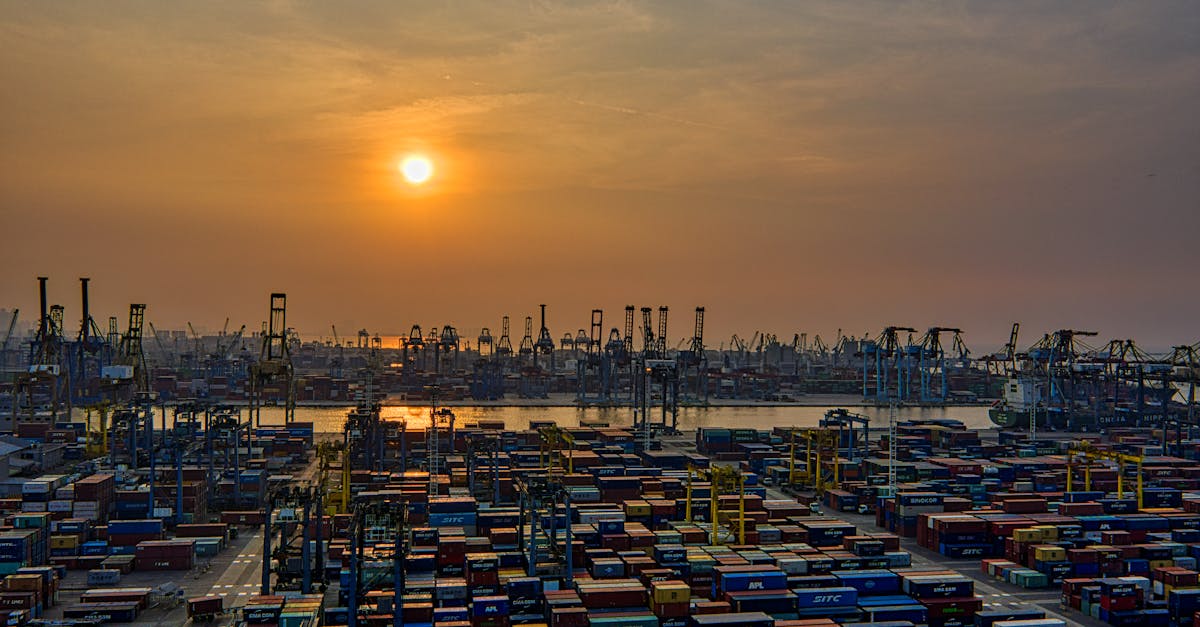Major container shipping companies are reducing the number of routes between China and the United States, a direct consequence of the tariffs imposed by the former President Trump administration. This shift, as reported by Hawaii News Now, is impacting global trade and has significant implications for businesses, especially those reliant on the import and export of goods.
This reduction in shipping routes can lead to several challenges for businesses operating in Hawaii. Increased shipping costs, longer transit times, and potential disruptions in the supply chain are among the immediate concerns. For local startups and established companies alike, these factors can affect profitability, inventory management, and their ability to meet customer demands. Companies that import raw materials from China, or export finished goods to the U.S., will likely face elevated costs and logistical hurdles.
The implications extend beyond immediate financial concerns. The slowdown in trade can influence broader economic trends, potentially impacting investor confidence and local market dynamics. Businesses may need to reassess their operational strategies and supply chains to mitigate risks. This may involve exploring alternative sourcing options, adjusting inventory levels, or even rethinking their market strategies. Furthermore, understanding the evolving regulatory landscape and trade policies is crucial for businesses seeking to remain competitive in the face of these changes. A recent analysis by the World Trade Organization highlights the global impact of such tariffs.
To navigate these challenges effectively, entrepreneurs and investors in Hawaii should remain informed about trade policy changes and consider diversifying their supply chains to reduce dependency on any single region. Seeking guidance from experienced business consultants and industry experts can also be a valuable step. Meanwhile, a report in the Wall Street Journal provides further insight into these complex issues.



